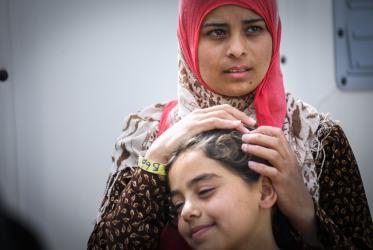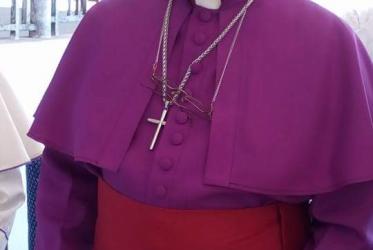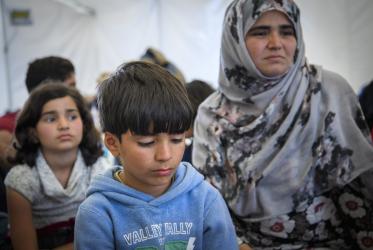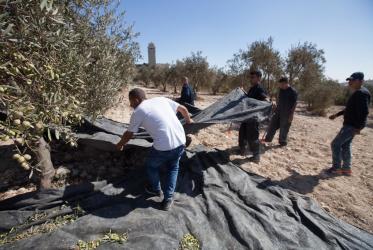Displaying 201 - 220 of 322
01 February 2018
Not just numbers, displaced people need to share their stories
01 February 2018
Bishop Helga - diaconal apostle
22 December 2017
Trying to do good for the world
18 December 2017
WCC, Vatican confront xenophobia, populism and racism
16 December 2017
“We must see further than our own issues.”
14 December 2017
Learning of great global challenges
14 December 2017
May we remember them well, with dignity and respect
14 December 2017
Peacemaking “a great and compelling life task”
09 December 2017
Church of Sweden responds to “fake news” regarding Worship Book
05 December 2017
Prayers for peace - Ecumenical service at Trinity Church, Oslo, Norway
09 December 2017
Trinity Church, Oslo, Norway
Press Conference with ICAN awarded the Nobel Peace Prize 2017
06 October 2017
Holy Land tourism goes beyond traditional paths
05 October 2017














